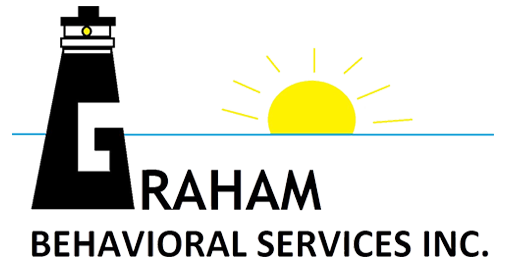Follow Us x
Behavioral, Psychological and Rehabilitation Intervention Models
$300 TAUGHT LIVE IN-PERSON
Establish rapport, communicate effectively and respectfully, and work collaboratively with consumers regarding their care to support recovery, with awareness of changing needs across the lifespan
1. Describe common factors of effective helping strategies when working with consumers, e.g., therapeutic relationship, empowerment, consumer choice, and respect for the consumer.
2. Explain the concept of community inclusion and the use of natural supports to enhance recovery.
3. Relate human development theory, including the interaction of social, psychosocial development across the lifespan.
4. Demonstrate active listening skills, basic interviewing skills, and demonstrate respect for the consumer at all times.
5. Demonstrate a collaborative, person-centered, recovery-oriented, shared decision-making approach to working with consumers. Identify strengths and challenges and how to incorporate natural supports into individualized treatment plans.
6. Define the treatment complexities for co-occurring disorders and addictions within vulnerable populations.
7. Be aware of common strengths-based assessments, including instruments that identify or screen for co-occurring disorders and/or trauma history, and tools that evaluate the level of care needs.
8. Demonstrate general knowledge of the current diagnostic manual and be able to name basic diagnostic categories.
9. Give examples of evidence-based models and approaches that integrate treatment and rehabilitation.
10. Identify community resources to assist in the recovery process for individuals who have cooccurring mental health and substance use disorders.
11. Recognize the consumer's development and life stage, and where they are in relation to the Stages of Change Model, in order to develop individualized treatment plans.
12. Illustrate an understanding of crisis planning, advance directives, crisis intervention strategies, and use of a warm line.

